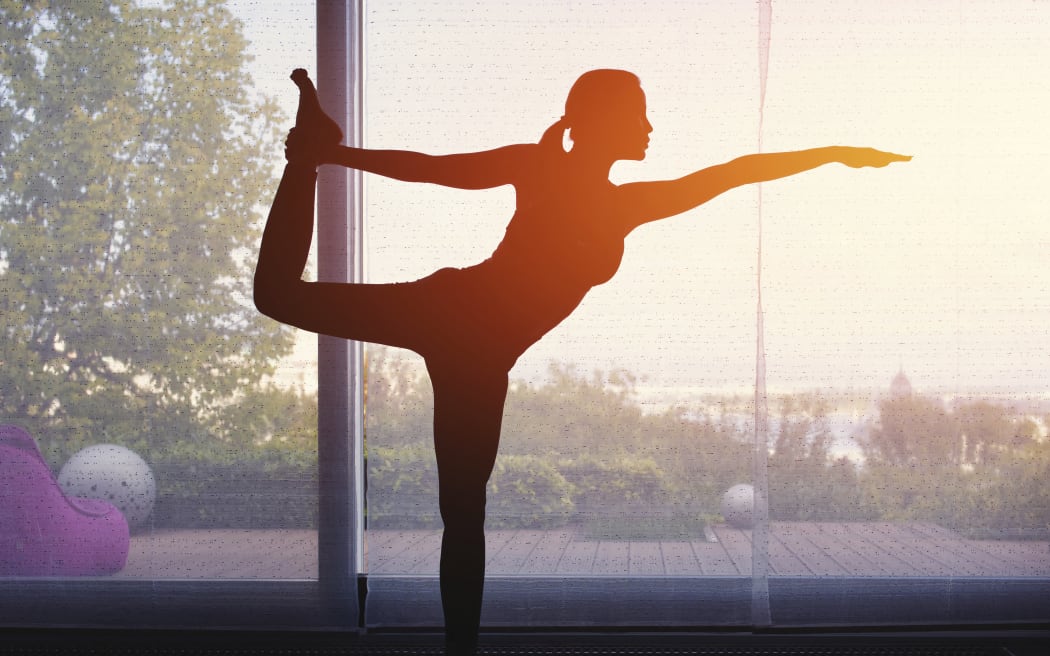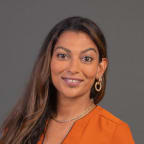Yoga - when does appreciation become appropriation?
In this two-part series, Kadambari Raghukumar talks to New Zealand practitioners about the commodification of ancient Indian practice.

Photo: AFP
FOLLOW Voices on Apple Podcasts, Spotify, iHeart Radio or wherever you listen to your podcasts.
"What it comes down to I guess culture, Indian culture in yoga, it's just that there's a lack of awareness. Because there's this view that yoga is only spiritual when people want it to be spiritual for them" - Reha Kumar
Auckland yoga teacher Reha Kumar is one of a group of NZ-based yoga practitioners and teachers advocating for a new approach within the local industry to protect against the practice being separated from its Indian roots, the misuse of iconography and a lack of inclusivity in studios and classes.
This conversation is already well underway in the American and UK yoga communities, says Auckland business consultant Melanie Sharma Barrow, who was born in the UK.
Here in Aotearoa, Melanie finds that there's a sense of people ignoring that elephant in the room.
"The problem lies - for me - when there is a certain ethnicity or ethnicities of women being gate-kept. I've actually never been to a yoga class where I have been taught by an Indian, or somebody of Indian descent, or somebody who has a strong awareness of the culture of yoga"- Melanie Sharma Barrow
In most yoga classes, the Indian roots of the practice are not acknowledged, Reha and Melania say, and it is reduced to a commercialised form of exercise.
Then there's the bandying-around of words like 'namaste' - often out of context - or the mispronunciation of āsanas (yoga poses). No dearth of parodies on that phenomenon all over the web.
"If you have perfected a pose perfectly to actually show that on social media, it looks great and you can do it, you can do [the same for pronouncing] words!" says Reha who finds the traditional asana names are often mispronounced and sometimes ignored altogether.
US-born former yoga teacher Megan Sety has been practicing and teaching yoga for a few years now.
In New Zealand, yoga instruction is too often neither inclusive or safe, she says.
"In countries outside of India, where there is a history of colonisation, the type of yoga that we are predominantly seeing and practising, is a very colonised version."


